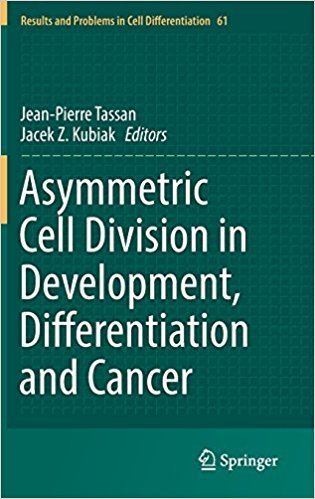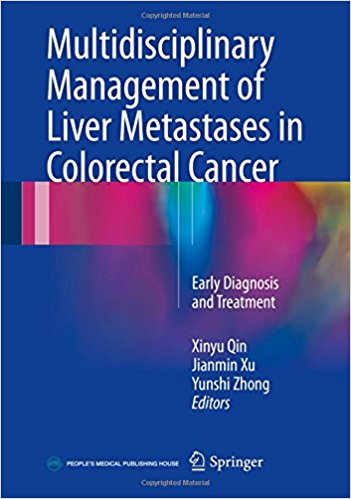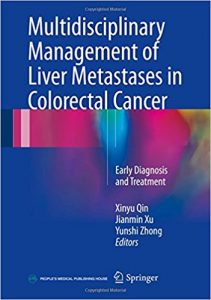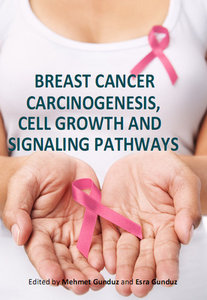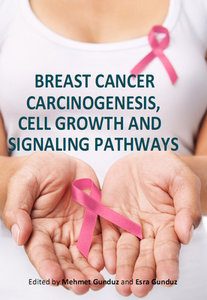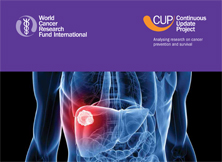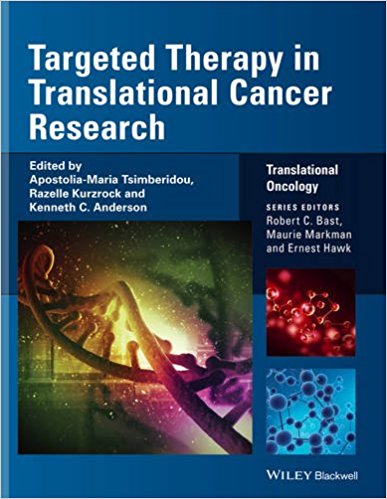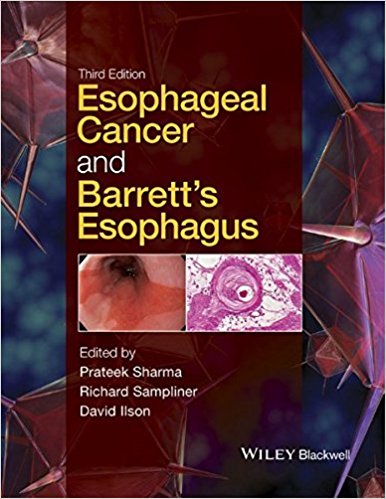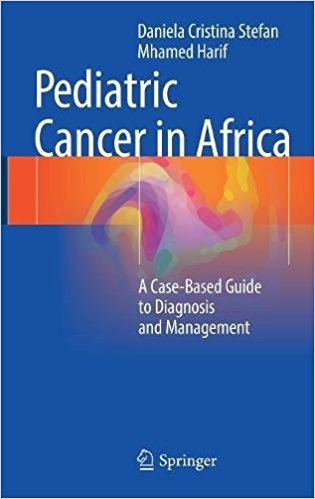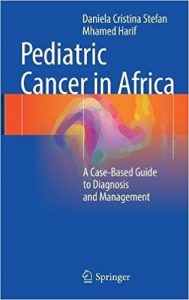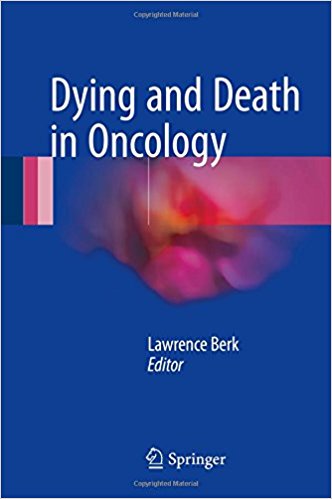Management of Prostate Cancer: A Multidisciplinary Approach 2nd ed. 2017 Edition
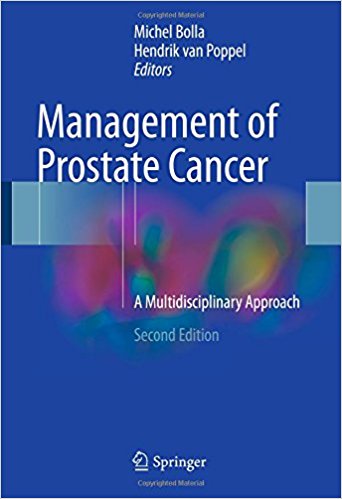
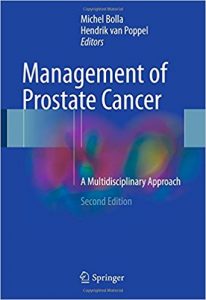
[amazon template=iframe image2&asin=3319427687]
This book, now in an extensively revised second edition, provides an exhaustive review of the state of the art in the management of prostate cancer, from screening to treatment, with emphasis on a multidisciplinary approach. The editors are very excited about the outstanding new or updated contributions from the different expert authors.
The opening chapters address basic aspects including epidemiology, pathology, biology, genetics, and chemoprevention. The role of individual and mass screening is carefully appraised, and extensive attention is devoted to diagnosis and clinical work-up by means of recently implemented investigations such as multiparametric MRI and choline PET-CT.
The use of active surveillance is examined in detail. Subsequent chapters discuss the different therapies that may be employed: open and minimally invasive, including robot-assisted, radical prostatectomy, the various forms of radiation treatment, high-intensity focused ultrasound, cryotherapy, hormonal manipulations, chemotherapy, targeted therapies, and immunotherapy. Up-to-date results from practice-changing phase III randomized clinical trials are included and special insights are provided into the interpretation of results and the patient’s perspective.

